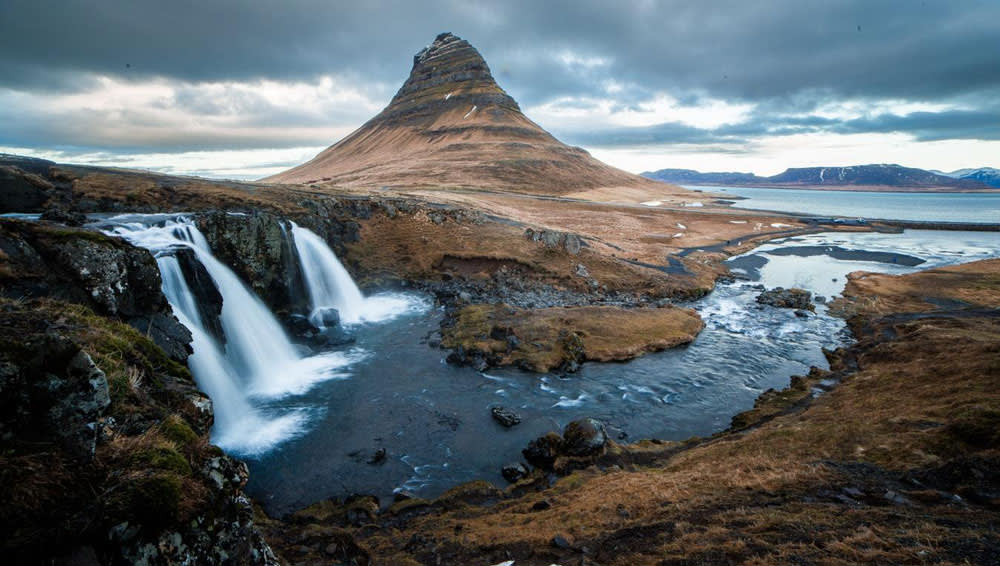Reasons Behind Iceland’s Temporary Whaling Halt
Iceland’s decision to temporarily halt whaling activities has sparked discussions globally, drawing attention to the complexities surrounding the practice. This move comes amidst growing concerns about the sustainability and ethics of whaling operations in the region.
The Sustainability Debate: Balancing Conservation and Tradition
One of the key reasons behind Iceland’s temporary whaling halt is the increasing focus on marine conservation. With many whale species already endangered or vulnerable, the sustainability of whaling practices has come under scrutiny. By pausing whaling activities, Iceland aims to assess the impact of its operations on marine ecosystems and whale populations, reflecting a growing global shift towards more sustainable practices.
International Pressure and Economic Realities
Another significant factor contributing to Iceland’s decision is the mounting international pressure from various organizations and countries advocating for the protection of whales. The global community’s stance against whaling, coupled with the declining demand for whale products, has raised questions about the economic viability of continuing this practice. This confluence of factors has prompted Iceland to reevaluate its stance on whaling and consider alternative economic activities.
A Shift in Public Attitudes and Tourist Appeal
Furthermore, changing public attitudes towards whaling, both domestically and internationally, have influenced Iceland’s decision. With whale-watching tourism becoming a lucrative and sustainable alternative to whaling, Iceland recognizes the value of preserving whale populations for ecotourism. The country’s reputation as a whale-watching destination aligns with evolving consumer preferences for ethical and environmentally conscious experiences.
Impact of Whaling on Fin Whale Populations
Whaling, historically an indiscriminate practice driven by economic gains, has had a devastating impact on fin whale populations. The relentless pursuit of these majestic creatures for their valuable blubber, meat, and oil has significantly contributed to the decline of fin whale numbers worldwide.
Overexploitation due to industrial whaling in the 19th and 20th centuries led to a drastic decrease in fin whale populations. Despite the implementation of international agreements such as the International Whaling Commission’s moratorium on commercial whaling in 1986, illegal and unregulated whaling activities continue to threaten the survival of these vulnerable marine mammals.
Studies show that fin whales have faced severe population reduction in several regions, impacting marine ecosystems and biodiversity. By disrupting the delicate balance of oceanic food chains, the depletion of fin whale populations has far-reaching consequences on marine life and ecosystem health.
Conservation efforts are crucial to protect and restore fin whale populations. Enhanced monitoring, strict enforcement of regulations, and public awareness campaigns play pivotal roles in safeguarding these iconic marine species. Collaborative international initiatives are essential to combat illegal whaling and promote sustainable practices that ensure the long-term survival of fin whales and the preservation of marine biodiversity.
Economic Implications for Iceland’s Whaling Industry
Exploring the economic impact of whaling on Iceland unveils a complex interplay of factors. While the industry has historical significance and provides employment, it faces challenges in modern times due to shifting consumer attitudes and evolving regulations.
Market Volatility and Demand Fluctuations
The whaling industry in Iceland is susceptible to market volatility and fluctuating demand for whale products. Economic sustainability heavily relies on the availability of markets willing to purchase such goods.
Tourism vs. Whaling Revenue
One of the key debates revolves around the contrast between revenue from traditional whaling practices and Iceland’s booming tourism industry. Balancing economic interests with environmental conservation remains a contentious issue.
International Relations and Trade Restrictions
Furthermore, Iceland’s stance on whaling has strained relationships with countries and organizations advocating whale conservation. Trade restrictions and diplomatic challenges pose additional economic hurdles for the industry.
Sustainable Alternatives and Economic Diversification
To navigate these challenges, there is a growing emphasis on exploring sustainable alternatives and diversifying Iceland’s economy. Green technologies, eco-tourism, and innovative marine initiatives offer promising avenues for economic growth.
Future of Whaling Regulations in Iceland
Breaking Down the Headlines
Recent debates surrounding the future of whaling regulations in Iceland have brought attention to the complexities of balancing traditional practices with modern conservation efforts. While some argue for the economic benefits of whaling, others emphasize the need to protect endangered marine species.
The Bigger Picture
Whaling has been a longstanding tradition in Iceland, deeply rooted in cultural heritage and economic activities. However, global awareness about the conservation of marine life and the impact of whaling on endangered species has significantly shifted public opinion and regulatory frameworks worldwide.
What This Means Going Forward
Looking ahead, the future of whaling regulations in Iceland is likely to face continued scrutiny and potential reforms to align with international conservation agreements. This could lead to a transition towards more sustainable practices or even a complete phasing out of commercial whaling in Iceland, impacting local communities, marine ecosystems, and the broader international debate on conservation and traditional practices.
